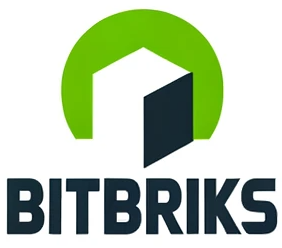Doing technical SEO in 2023
As ChatGPT is taking the world by storm, people starts to wonder if Google has met its first serious challenger after a long time of search monopoly. Chatbots are likely to change the way people discover information. Yet, that will be a long time from now. In 2023, Google still has a large presence in information consumption. And here are what I learnt working with it.
Focus on mobile version
Google has long defaulted to mobile-first crawler. That has not changed in 2023. So if you have separate desktop and mobile versions of your site, focus on the later. Make sure that all internal links are discoverable in the mobile version. This is important to pay attention to as traditionally, mobile is often smaller in screen estate, and common design patterns often hide menus and links in some slideover container. For Google bot to crawl it, the links should be rendered in your site's DOM tree even when they are not visible to users.
Does Google run javascript
Yes, Google bot executes javascript just fine. At work, my colleague used a meta-data editor tool, which injected a script snippet in pages and modify meta title, description and the like. Google's captured page data showed that, the metadata set by the script was recorded, not the original html data. That means Google do execute javascript after loading a page. I don't know what is the maximum allowed time for script to run, as Google is not likely to wait on the page forever to get a final updated state.
301 redirect vs canonical url
Whenever you change a page's url and want to preserve the ranking power of the old one, use 301 redirect if possible. In theory, canonical meta field may serve the same purpose, telling Google that the old url is now just another link to the updated url. But Google stated that canonical link is just a hint, not a definite guide to Google's bot, which could choose to ignore that hint.
Infinite scroll
Does Google crawler scroll your page to discover links at the bottom? No. It does not. There was this old article on making infinite scroll search friendly, but it was no longer applicable. Google does not rely on <link rel="next/prev"/> anymore. One suggestion is to insert links to next or previous page on the UI itself. If it interferes with the user's experience, consider showing it for bot only.
Web Vitals
Web vitals are now an important search signal to Google, apart from mobile friendliness and other things. Google also improved its data gathering of web metrics. Instead of relying on bot's score of a website, Google is using metrics collected from real users' browsing experience. The data are available as part of Chrome UX report data set. So for javascript-heavy site to use pre-renderer for bot specifically won't have impact on the web vital score.
Query parameters and when to create a new url
Google Search Console deprecated the option that allowed url owners to configure which query parameters are integral to the url identity. Instead, Google now try to guess which parameters are important. One good practice is to always set the canonical url of a page to the path (without query).
